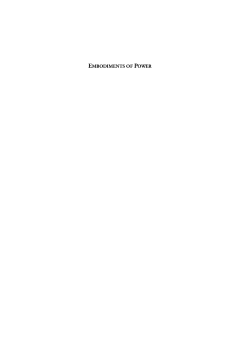
Additional Information
Book Details
Abstract
The period of the baroque (late sixteenth to mid-eighteenth centuries) saw extensive reconfiguration of European cities and their public spaces. Yet, this transformation cannot be limited merely to signifying a style of art, architecture, and decor. Rather, the dynamism, emotionality, and potential for grandeur that were inherent in the baroque style developed in close interaction with the need and desire of post-Reformation Europeans to find visual expression for the new political, confessional, and societal realities. Highly illustrated, this volume examines these complex interrelationships among architecture and art, power, religion, and society from a wide range of viewpoints and localities. From Krakow to Madrid and from Naples to Dresden, cities were reconfigured visually as well as politically and socially. Power, in both its political and architectural guises, had to be negotiated among constituents ranging from monarchs and high churchmen to ordinary citizens. Within this process, both rulers and ruled were transformed: Europe left behind the last vestiges of the medieval and arrived on the threshold of the modern.
Franz A. J. Szabo is director of the Wirth Institute for Austrian and Central European Studies and professor of Austrian and Habsburg history at the University of Alberta in Edmonton, Canada. He has published widely in Europe and North America, including a prize-winning book on Habsburg enlightened absolutism.
"This collection is distinguished by richness of content. Indeed, it offers, in addition to a rich historical analysis, an analysis of documentary materials derived from careful research in various European archives and libraries. There also is a rich and comprehensive bibliography and a useful index." · Canadian Journal of History
"...this collection contains a good bibliography; and its essays may provide useful points of introduction both for scholars and for advanced students." · Austrian History Yearbook
Gary B. Cohen is director of the Center for Austrian Studies and professor of history at the University of Minnesota, Twin Cities. He teaches modern Central European social and political history and has published numerous articles and essays as well as two books in these areas.
